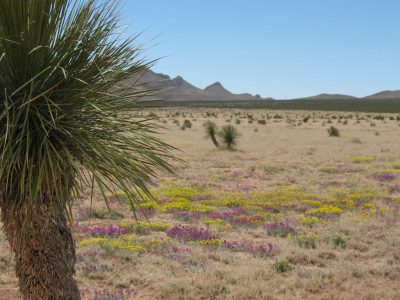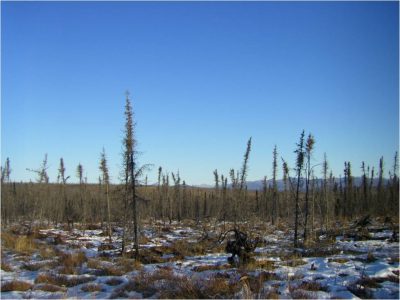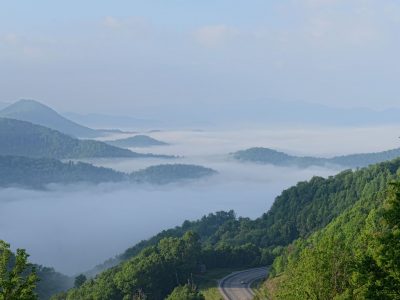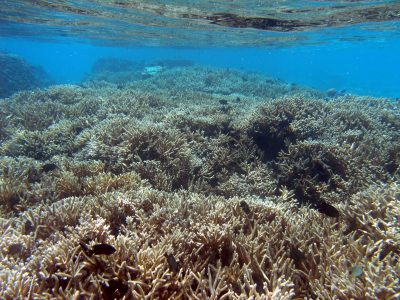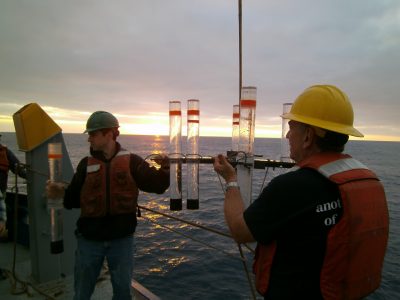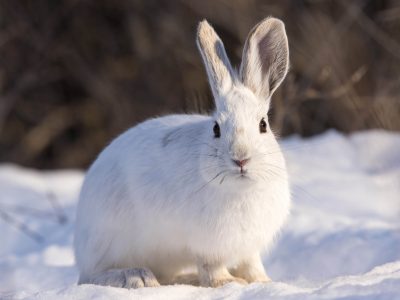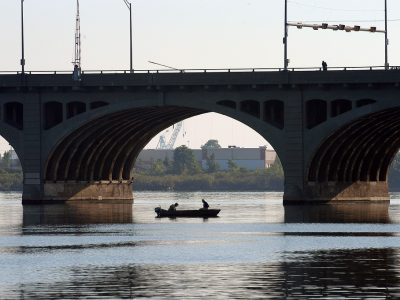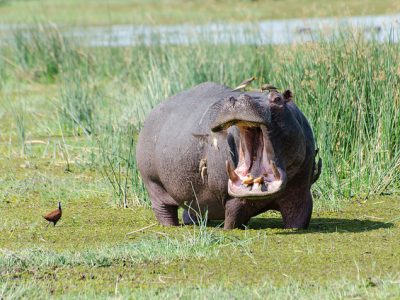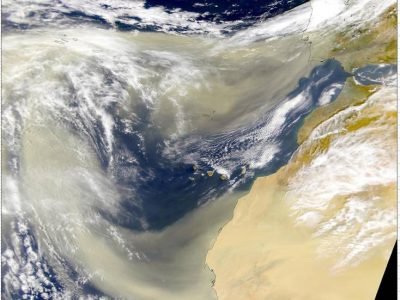What (and when) is the point-of-no-return?
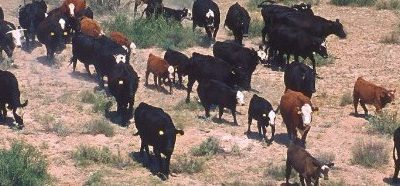
How-and when-do ecosystems change character? Are those shifts reversible? And what signs might precede them? Such questions are hard enough to answer in a single place. One might think that incorporating different kinds of ecosystems would only complicate the problem. But a group of scientists in the Long-Term Ecological Research Network is finding a remarkably consistent pattern by combining models and data across several long-term ecological experiments.

